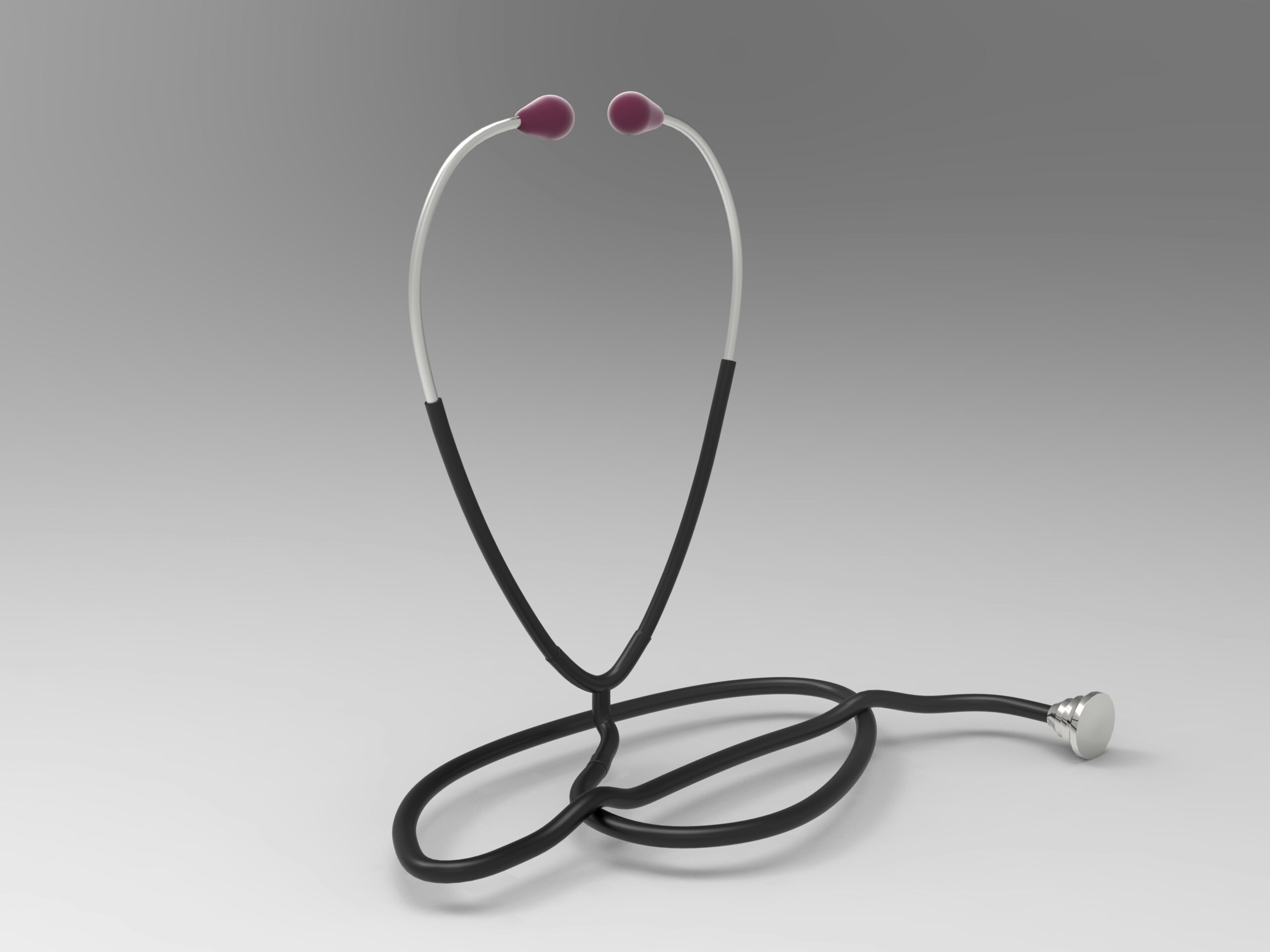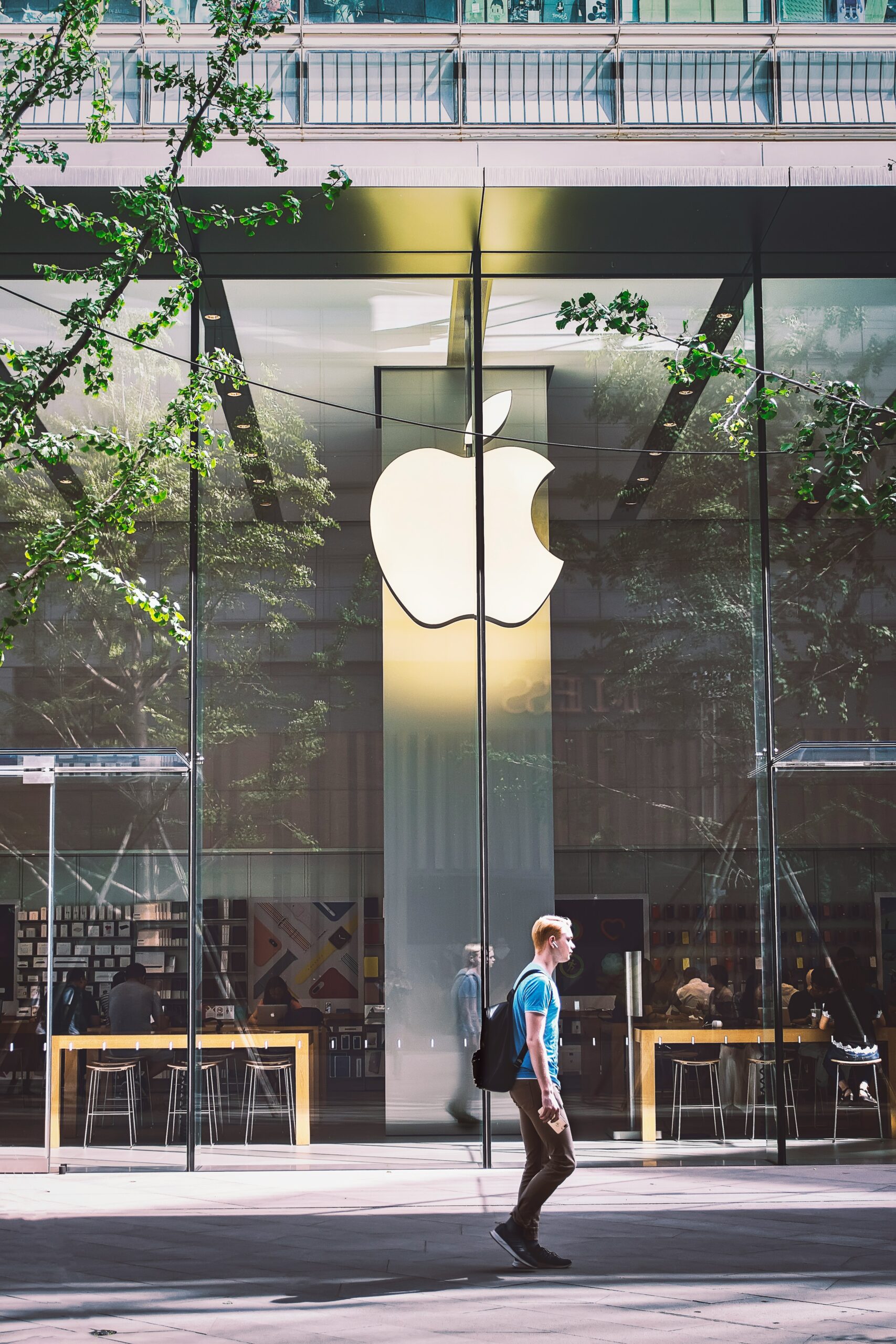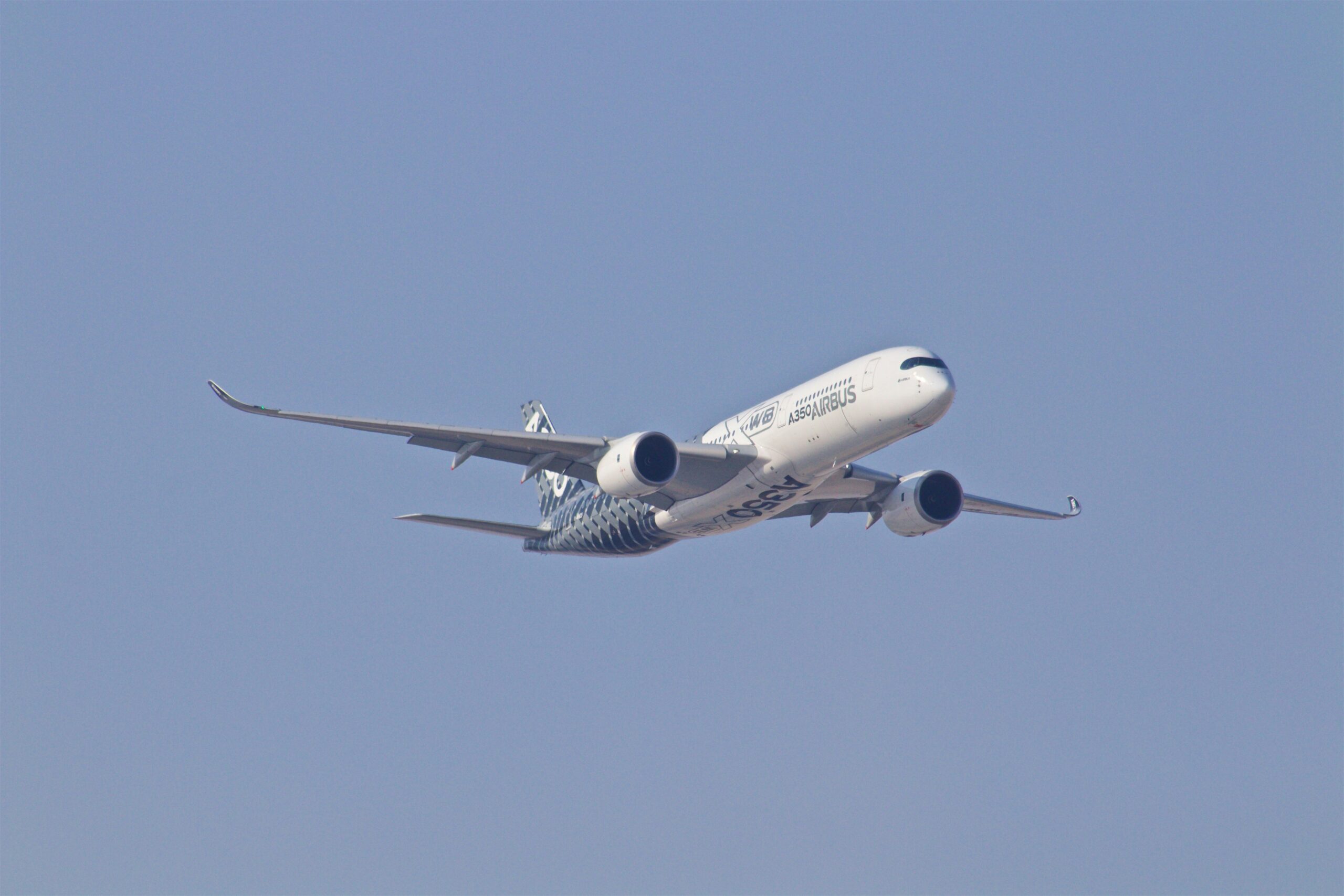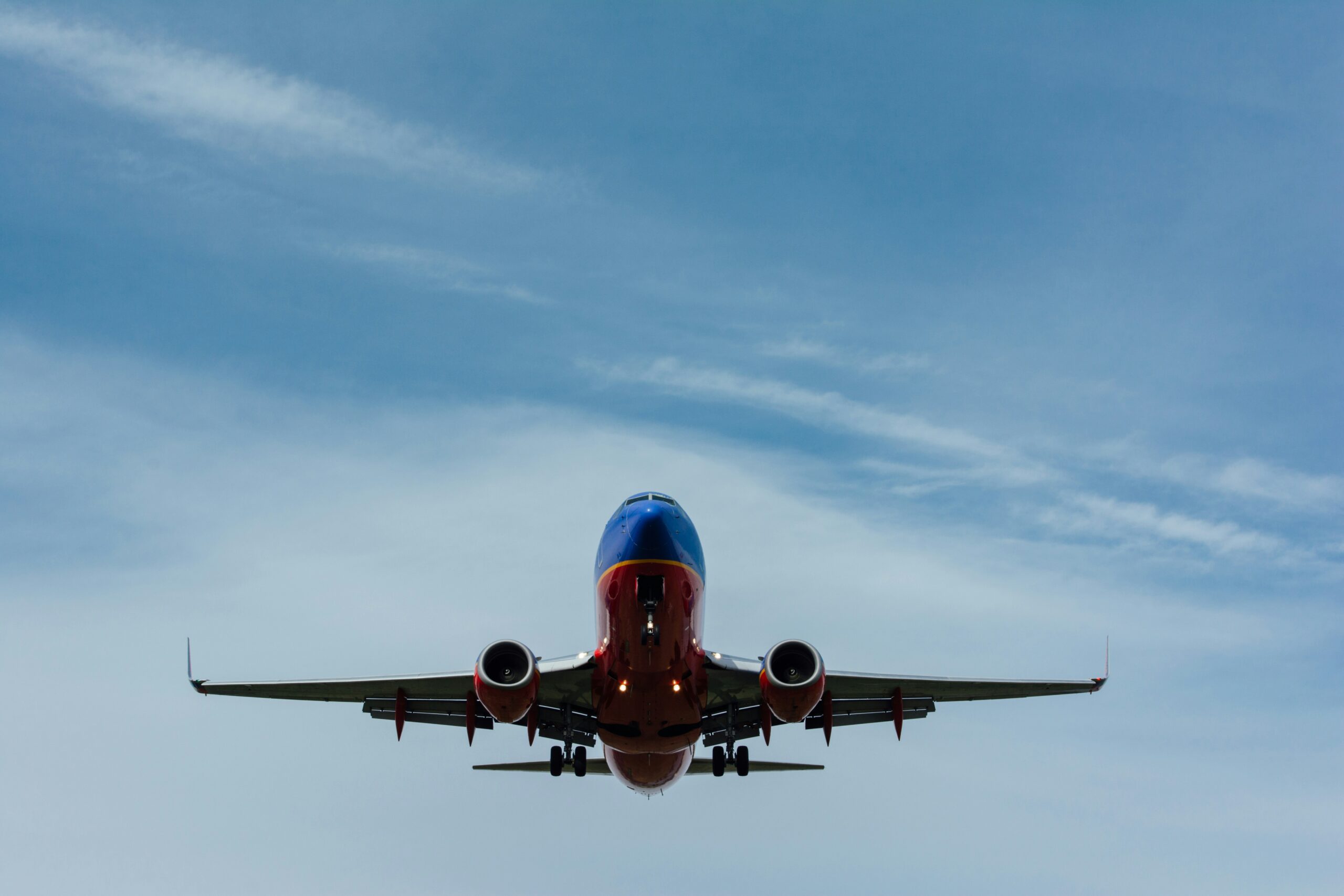Image credit: Unsplash
Boeing named its new CEO on July 31 after reporting a core operating loss of $1.4 billion in the second quarter – more than triple the loss from a year ago – as scrutiny of the safety and quality of its planes has kept the company from making enough aircraft to return profit.
Boeing announced that Robert “Kelly” Ortberg, the former CEO of supplier Rockwell Collins, will be its new CEO, effective August 8, and will replace retiring Boeing CEO Dave Calhoun, who has been under pressure for the company’s issues.
Robert “Kelly” Ortberg Named Boeing CEO Amidst Struggles
Ortberg said he is “extremely honored and humbled to join this iconic company.”
“Boeing has a tremendous and rich history as a leader and pioneer in our industry, and I’m committed to working together with the more than 170,000 dedicated employees of the company to continue that tradition, with safety and quality at the forefront,” he said.
Ortberg has noted that there is “much work to be done” at Boeing and has a background that could encourage staff who have criticized Boeing’s management for placing too great an emphasis on finances rather than engineering quality. Ortberg earned his degree in mechanical engineering.
However, Ortberg’s appointment does not guarantee that the company’s new leadership will make the right decisions. Calhoun’s predecessor, Dennis Muilenburg, who was CEO at the time of the development of the 737 Max jet and the two fatal crashes of the plane that led to its 20-month ground and five years of losses, also possessed an engineering background.
Boeing Chairman Steven Mollenkopf has stated that “Kelly is an experienced leader who is deeply respected in the aerospace industry, with a well-earned reputation for building strong teams and running complex engineering and manufacturing companies,” and added that they “look forward to working with him as he leads Boeing through this consequential period in its long history.”
Problems to Solve
Ortberg will have to help fix the problems at Boeing, which has yet to post a profitable year since 2019. Since that time, its core operating losses have totaled $3.3 billion. Boeing will only return to profitability once it can convince regulators that it has worked to fix the problems with the safety and quality of its jets.
The company has admitted that the two 737 Max crashes that occurred in October 2018 and March 2019 that killed 346 people were the result of a design flaw. The crashes and the time it took to fix the flaws cost the company more than $20 billion.
Boeing recently agreed to plead guilty to charges that their employees defrauded the Federal Aviation Administration during the original certification for the 737 Max. As part of the plea, Boeing agreed to operate under the supervision of a court-appointed monitor.
The company came under renewed scrutiny in January after a 737 Max plane door blew off shortly after takeoff. More than a dozen whistleblowers have told Congressional investigators about the wrong practices at Boeing, including using parts that did not meet standards. Many have said Boeing retaliated against employees who complained about their safety practices.
The company has agreed to the FAA’s demand to curb production of the 737 Max until the regulator is satisfied that it has fixed its safety and quality issues. However, this will continue to cause losses for Boeing.
Orberg’s most immediate problem is a potential strike held in September by around 36,000 hourly workers at its airplane plants in Washington state. The Machinists union will have a “big ask” on wages, but Boeing is willing to reward its workers. It is presently doing everything to avoid a strike.















































































































































































































